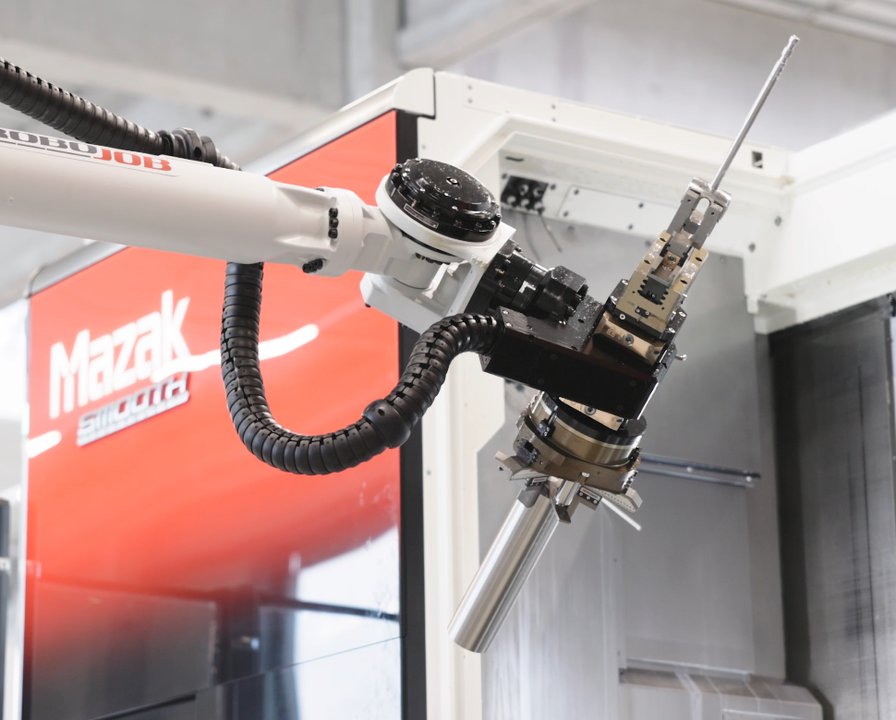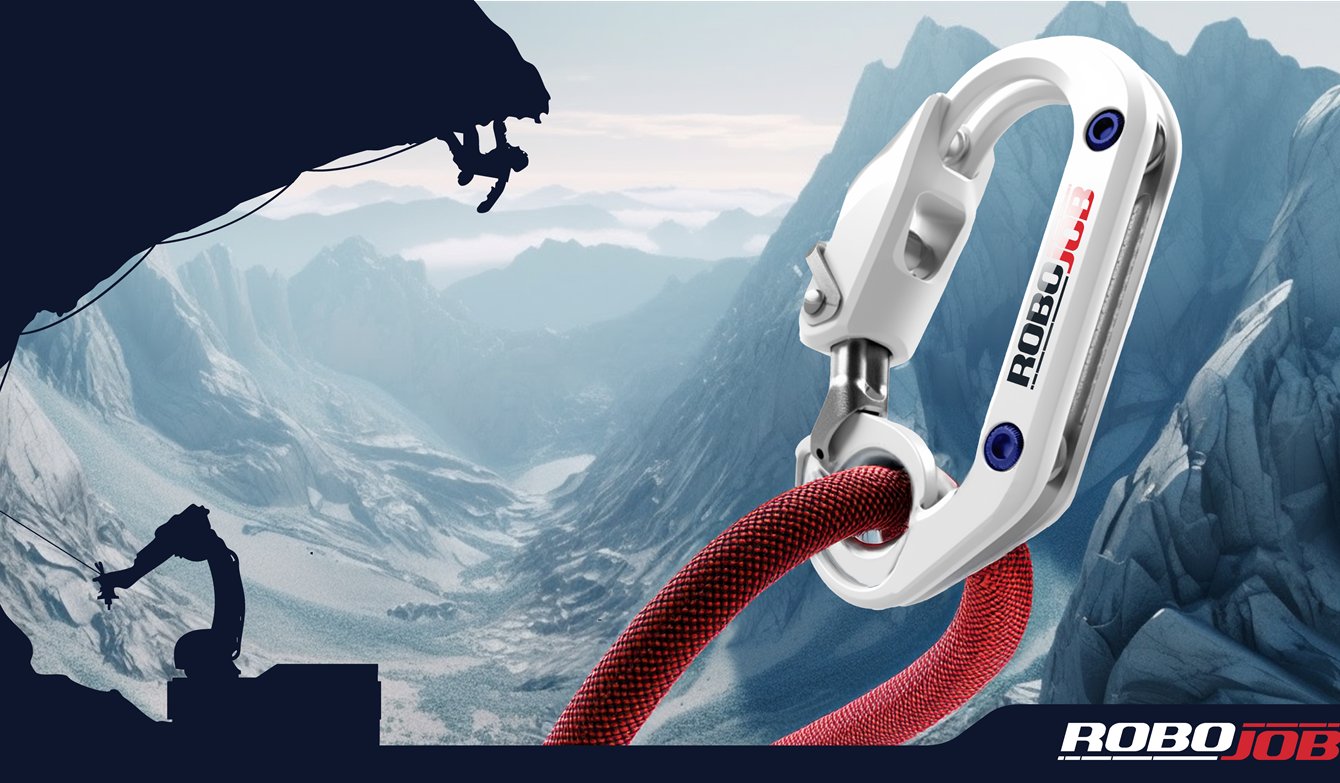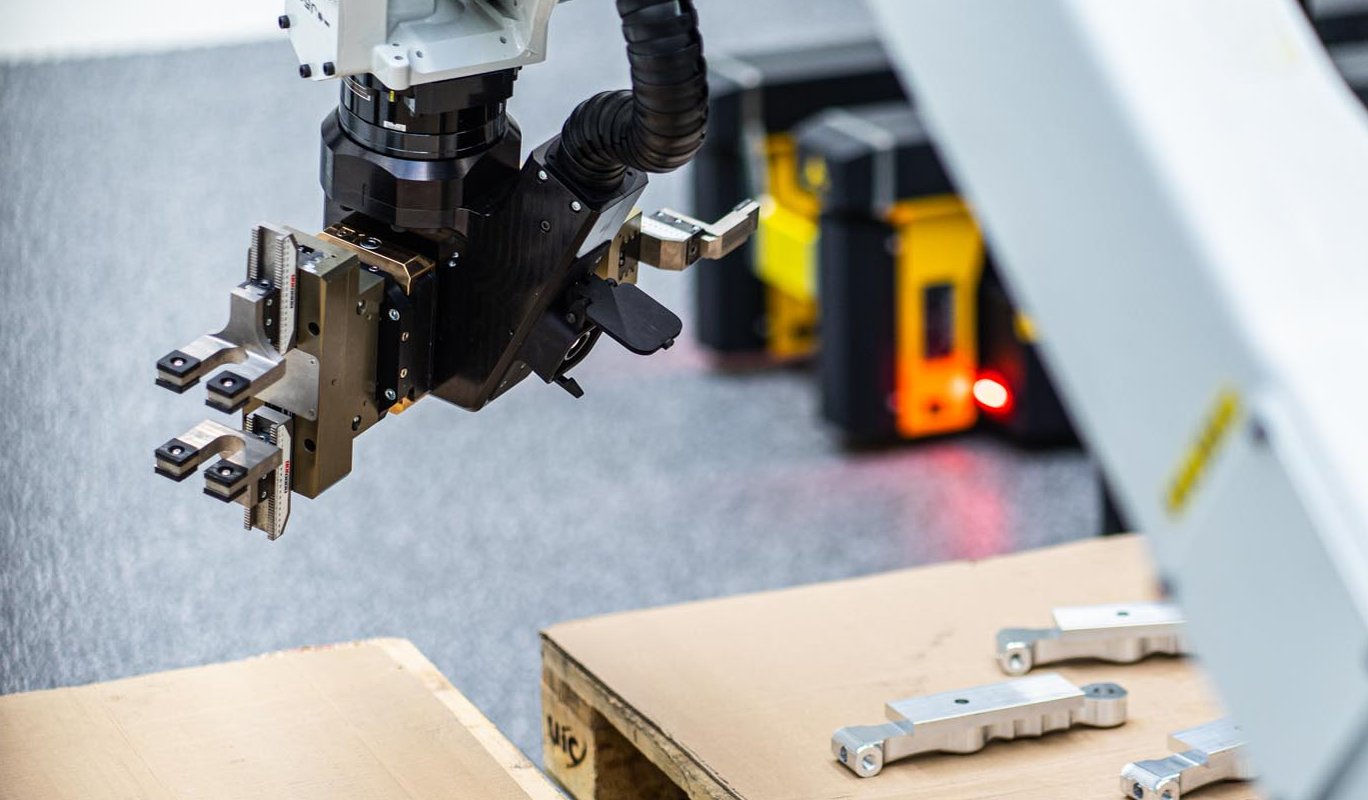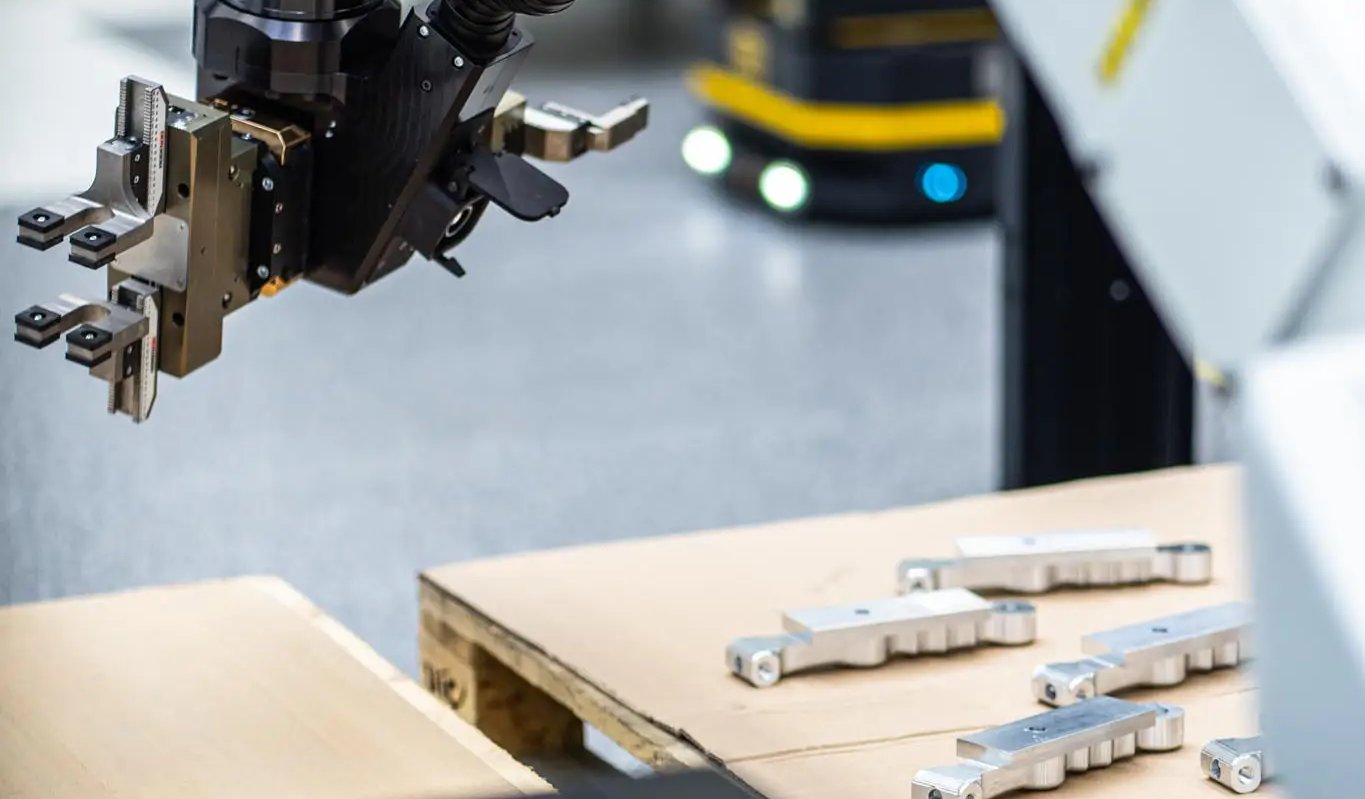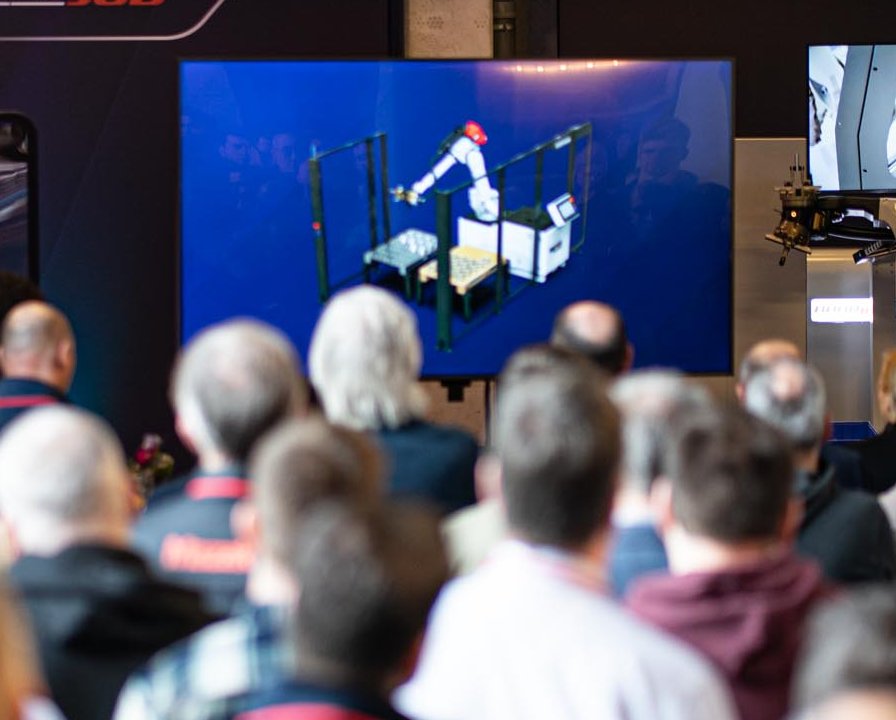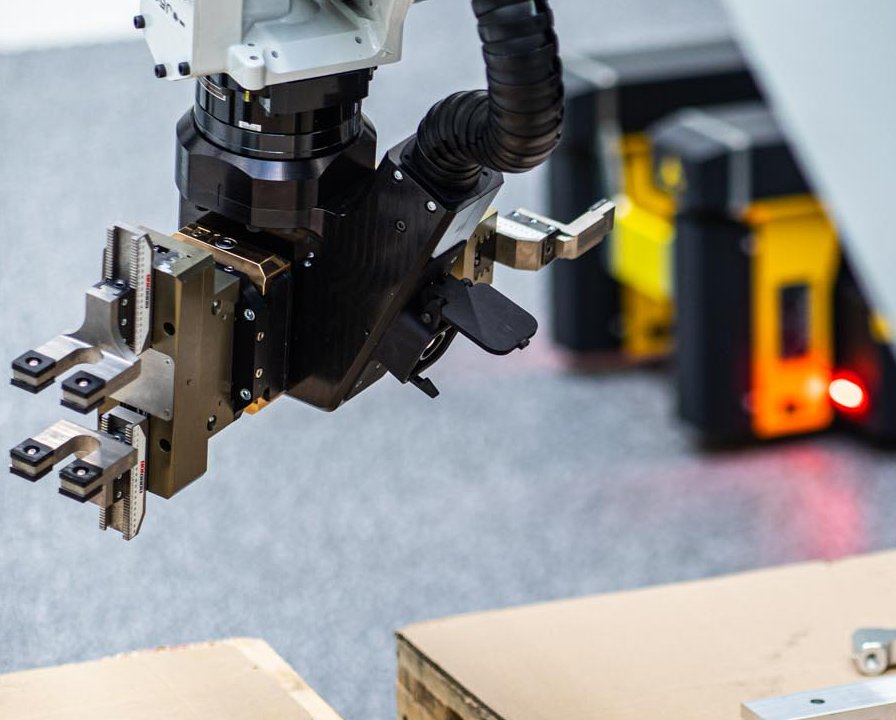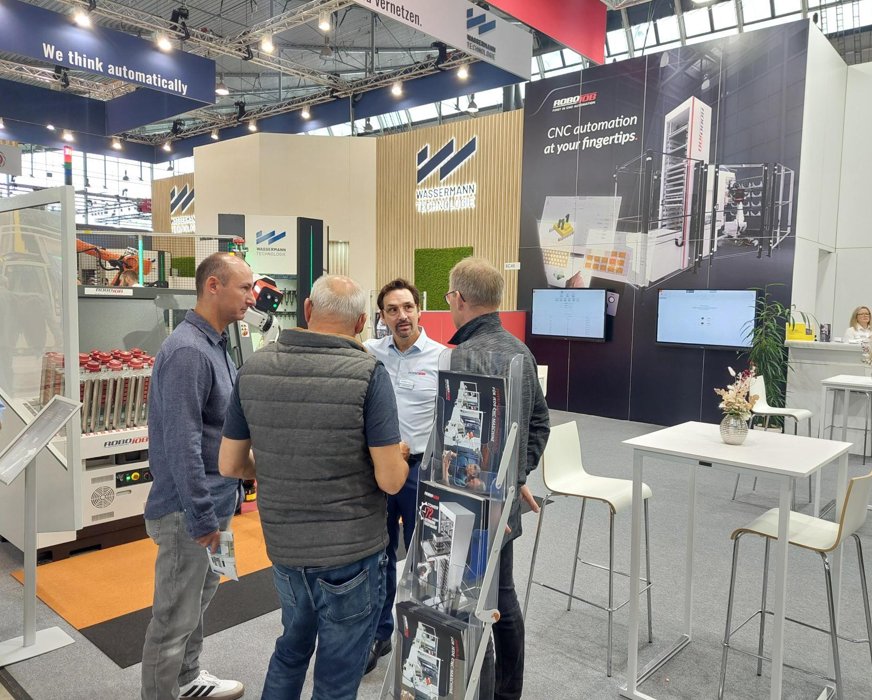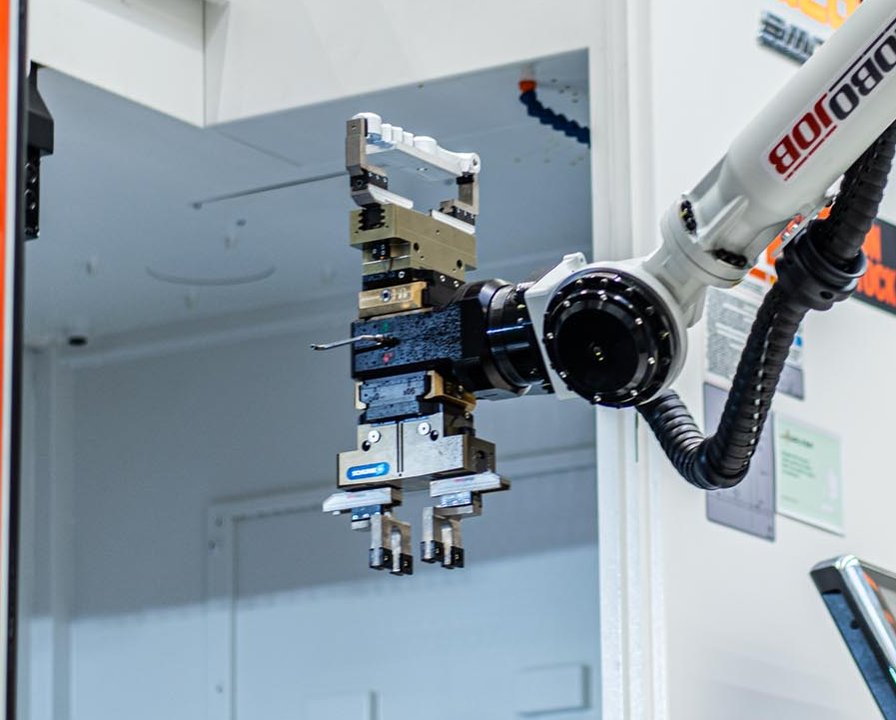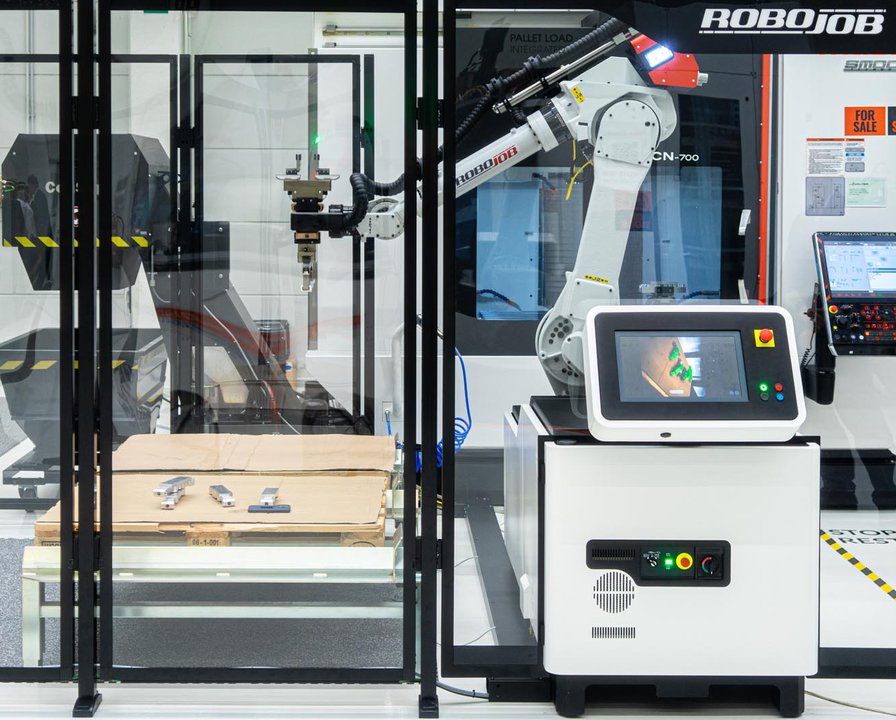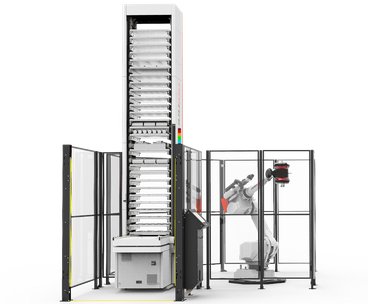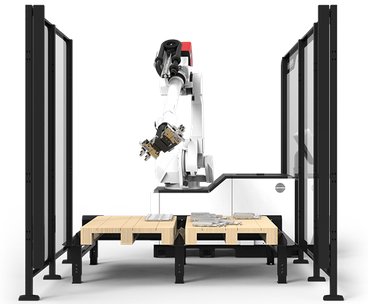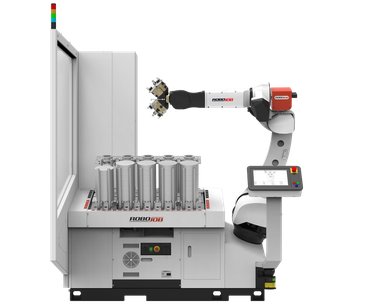RoboJob organises practical workshop on process control in high-end machining
Steven Craenen |
On Thursday 22 May, RoboJob will organise an exclusive workshop on ‘Process Control in High-end Machining’ in collaboration with renowned technology partners Dormatec, Iscar, Renishaw and Will-Fill. During this practical day, visitors will be immersed in the challenges and solutions for machining difficult materials in sectors with high quality standards, such as the medical industry and aerospace.
RoboJob confirms market leadership at EMO Hannover
Steven Craenen |
May 12, 2025
During the EMO trade fair in Hannover – the world stage for the metalworking industry – RoboJob will once again set the tone in the field of CNC automation this autumn. With almost twenty years of experience and more than 2,000 installations worldwide on 100 different CNC brands, RoboJob confirms its position as an indispensable reference within the manufacturing industry.
RoboJob sets Machineering 2025 on edge with innovation and an exclusive performance
Steven Craenen |
Mar 17, 2025
RoboJob is once again making itself heard at Machineering 2025. Not with its own stand, but with a strong presence at four strategic partners. The market leader in CNC automation is not only showcasing leading automation solutions, but is also organising a unique moment at the exhibition where technology and experience come together.
RoboJob goes all in at machineering after successful launch of pallet-load integrated
Steven Craenen |
Mar 3, 2025
Last Thursday, 27 February, RoboJob hosted the official launch of Pallet-Load Integrated. With more than 150 visitors from home and abroad, it was a great success. Now the international market leader in CNC automation is setting its sights on the trade fairs. Machineering is scheduled for the end of March, and that is where RoboJob wants to make a big impact.
RoboJob once again sets the standard with revolutionary innovations
Steven Craenen |
Jan 20, 2025
RoboJob confirms its position as product leader with the launch of two groundbreaking innovations: the revolutionary Wall and the promising Pallet-Load Integrated. These technological marvels demonstrate once again how RoboJob continues to innovate to redefine production efficiency in the manufacturing industry with visionary solutions.
Successful RoboJob scoop draws full attention at Mazak Open House
Steven Craenen |
Dec 2, 2024
RoboJob can proudly look back on a successful participation at Mazak's Open House in Belgium, where the first-of-its-kind 'Pallet-Load Integrated' with AI vision technology attracted particularly strong interest. During the event, this groundbreaking innovation drew plenty of attention from visitors and it quickly became clear that this is a game-changer for CNC machine automation.
RoboJob shows innovative vision technology in premiere at Mazak
Steven Craenen |
Nov 18, 2024
RoboJob, the international market leader in CNC automation, will premiere its latest innovation: the ‘Pallet-Load Integrated’ at Mazak's Open House event in Belgium. This avant-premiere will be the first official appearance of this product, which is equipped with pioneering vision technology based on artificial intelligence (AI).
